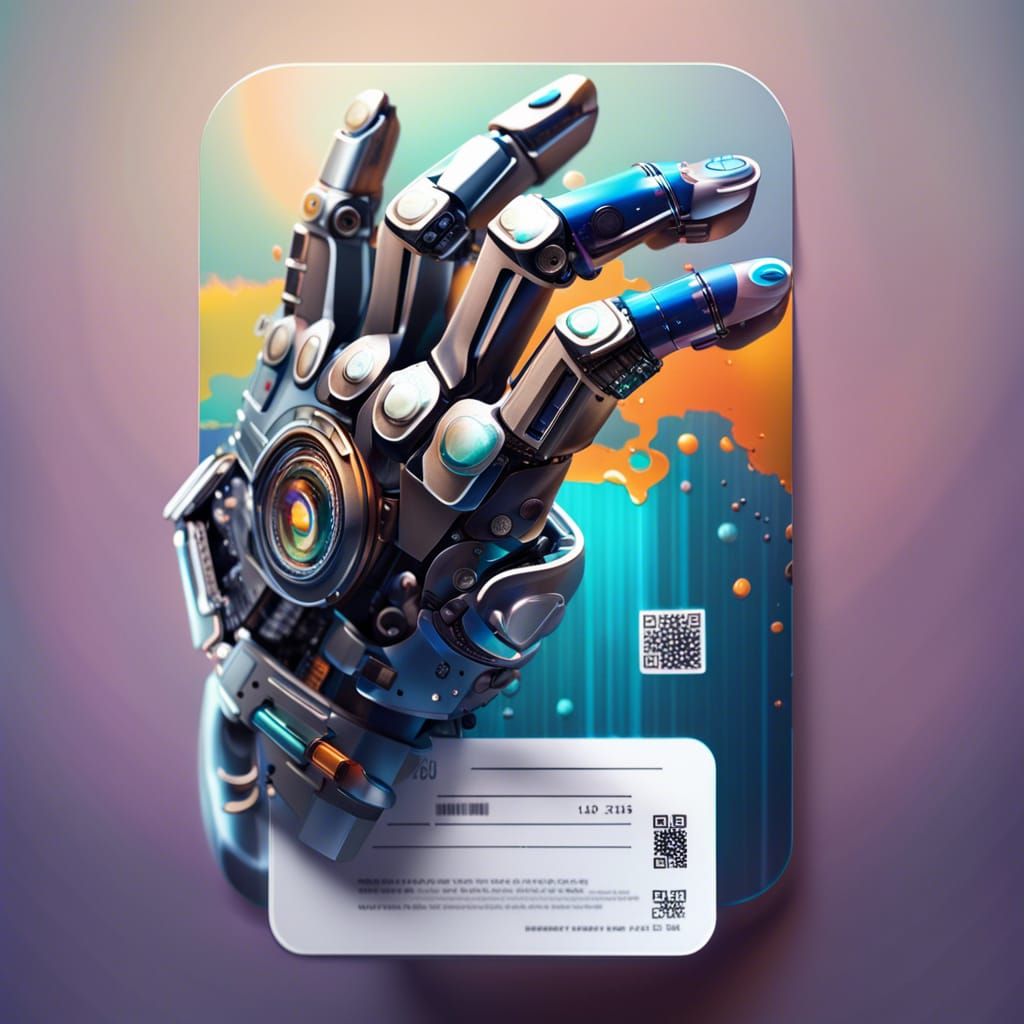That day is not today, but it’s coming.
Delaware launched its mobile ID (MiD) program in March 2021. According to the Delaware Division of Motor Vehicles, nearly 30,300 early adopters are actively registered in the state — about 3% of all Delawareans.
MiD, an ID platform by IDEMIA, makes your Delaware identification card (or an ID from MiD’s other state partners, Arizona, Oklahoma and Mississippi) into an encrypted digital version, identical to your physical card, except your photo is animated, made to look like your head is turning slightly side to side.
Venues and retailers that check IDs when selling age-restricted items are encouraged to accept MiD, but they’re not required to, and for privacy reasons, the state doesn’t track where people use it.
If you get pulled over for speeding, MiD won’t take the place of a physical card until digital IDs can be scanned by an officer without touching the phone, technology that is currently in development.
Keep your card close
For now, by law, you need to keep your physical card with you. Even when physical cards become no longer mandatory, there are no plans to get rid of physical cards for people without smartphones or people who simply choose not to use MiD.
Why bother, then? That’s a little like asking why carry a debit card in the 1990s when some places only accepted cash or check — because it’s more secure, and it will (most likely) eventually be standard.
It’s also more private. Depending on what you’re using your ID for, you only need to show certain information. You can filter out information you don’t want (or need) to share. A bartender doesn’t need your address, weight and exact age, so you can select “proof of age” age display only your photo and a badge that simply says “Over 21.” There are similar filters specifically for renting a car, boarding a plane and obtaining state services.
MiD lives, encrypted, on your phone, not in a cloud. Replacing it if you lose your phone doesn’t require a trip to the DMV, and if someone finds or steals your phone they won’t be able to access the MiD. The biggest downside — also a security feature — is that you have to unlock it with facial recognition or a six-digit code every time you use it, even minutes apart.
“As people become more comfortable with the technology its popularity will grow,” Delaware DMV Chief of Communications Kathryn Beasley told Technical.ly when asked about its current use.
Early adopters include IDEMIA partner the University of Delaware Blue Hens, which accepts MiD at sporting events, state government services and some private businesses. According to the DMV, that includes select banks, pharmacies, restaurants, liquor establishments and casinos.
Are digital ID wars coming?
Last month, Maryland became the first state to support digital state IDs via Google Wallet, as the Big Tech company moves to make its wallet platform all-in-one. IDEMIA’s MiD and Google ID have similar features, and will have more in common when Google adds features later this year.
Then there’s Apple ID, another digital ID platform that Maryland also uses, though it was not the first state to use Apple ID — Arizona (which also uses MiD), Colorado and Georgia are active users, too.
Other states, like California, are working on creating their own digital ID platforms using World Wide Web Consortium’s open-source Verifiable Credentials Model.
While there are about nine states currently using digital IDs, many more are poised to launch them within the next year or two, whether via MiD, Apple ID, Google ID, their own platforms or a combination of platforms.







